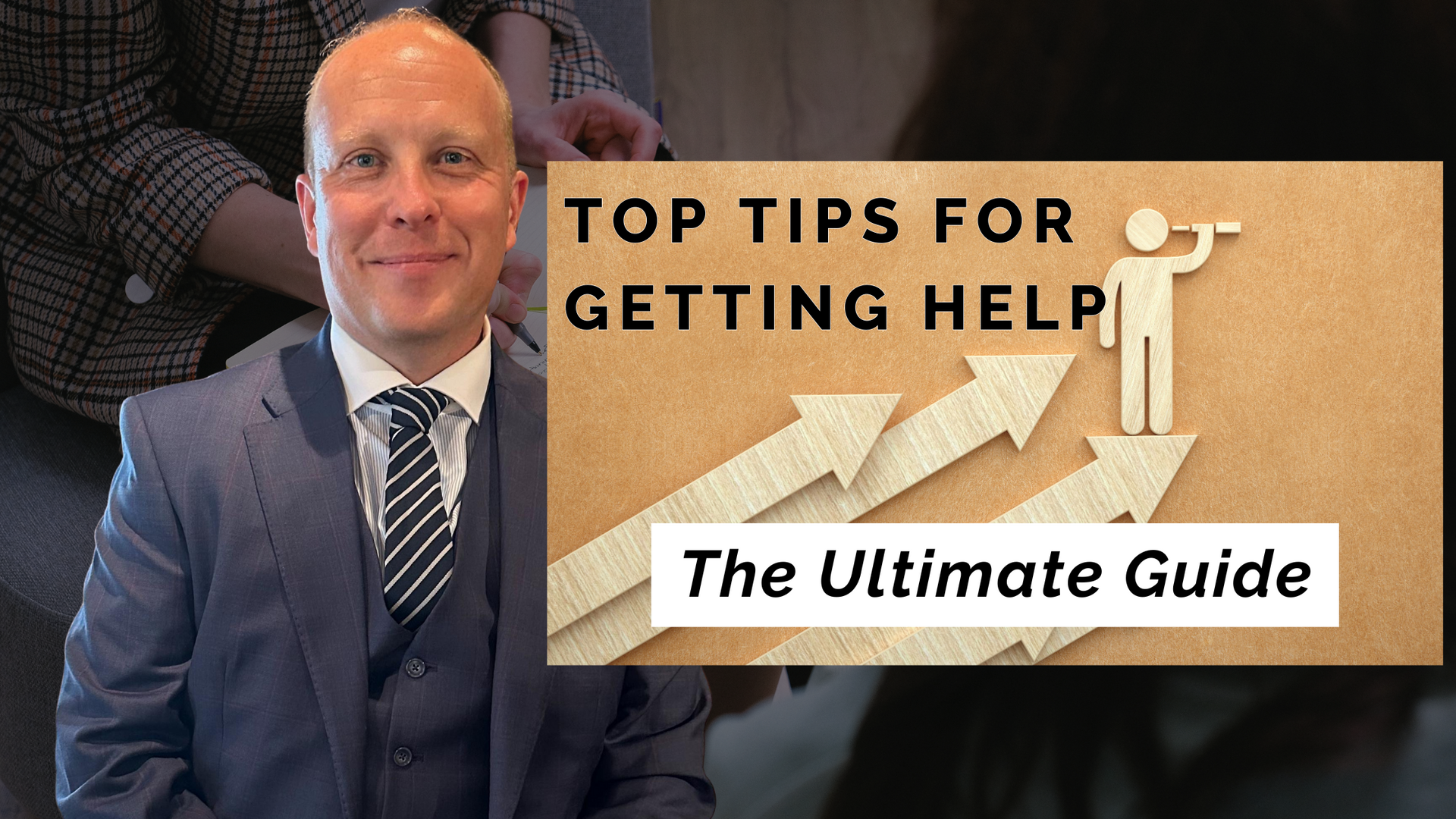Case Study - Andrew Goff
Marcus Matthews • 14 February 2023
Getting my life back on track! Re-establishing my creativity and my energy.
Meet Andrew Goff
Andy Goff is the founder of Interactive Opportunities (IO) based in Shrewsbury - a successful company which has built a solid reputation on being passionate about helping schools, businesses and brands to create new learning opportunities for children.
Andy spent 15 years as a teacher, including time as a deputy head, before running all manner of eclectic, mostly ed-tech businesses, and setting up his IO consultancy - an area of expertise that begins with ideas and research and then follows a process which turns those ideas into businesses or initiatives.
It was during one such project that Andy suffered a major setback. A five-year partnership soured to the point where he was effectively pushed out, something which had a negative impact on his energy, positivity and creativity and led to him
“Losing most of his faith in other human beings".
Andy explains how a chance meeting turned things around:
Meeting Marcus
“I’ve worked all over the world with my businesses and decided to go back to what I knew best, which is under the bonnet business at schools".
"I joined Shropshire Chamber of Commerce in order to network and get to know other businesses and it was at one of the breakfast meetings where Marcus gave a presentation".
“I loved what he said about his journey and having to build back himself. I’ve been a teacher coach, I recognise the importance of coaching and I have never really come across anyone like Marcus".
“It was something that appealed to me and I wanted to learn more. We had a further chat and his energy and enthusiasm, not just for being a business but also for his desire to actually help other human beings, was infectious.”
The challenge
“I had worked with another business and had a rough ride. It didn’t end well and that’s why I went to Marcus, for his support. I recognised that I needed to square the circle of what had gone on for the previous five years".
“I had founded a business based on my ideas and research, developed it with the other business which then became the main investor and technology provider. There was a huge investment in it and my aim was for it to grow and provide a great income for my children when I’m not here".
“But over the last two years of the relationship I was being distanced and ostracised. I think I was too honest, too vocal. They wanted me to say everything was great and wonderful but it wasn’t and it was only something that could be sorted
out by being honest, so that led to the point where I was pushed out".
“I thought I was building to achieve security for my family but it quickly became obvious that I wasn’t. I was a person whose glass was always at least half full but what happened to me made me lose most of my faith in other human beings and
my self-confidence".
“I needed to get some coaching which crossed business and personal and would help me say OK, put the building blocks back in this order and let’s go forward again".
The solution
Andy said he has had about half a dozen coaching sessions over the last three to four months with the benefits quickly becoming evident. He continued:
“The sessions were really insightful and several things came to light which cumulatively could have potentially been quite disastrous. It’s not so much about explaining and detangling those, it’s more about highlighting the positives, stopping beating yourself up and being so self-critical".
"Realise you are really doing a good job, so give yourself a pat on the back".
“I wouldn’t want to label it in terms of tension, worry or anxiety, I was just keen to get back to where I was before! I wanted to re-discover my self-esteem, positivity and get back to being a happier person".
“The help from Marcus has mainly been the conversation and the sharing of examples, those bits and pieces in conversations which are usually too fast and too full to remember much of"
Marcus would say: “Where are you going to concentrate your energy?
It’s not about what is on your to-do list, it’s not about how you construct your day, it’s about what you are going to give your energy to. And that was something he was able to nurture out".
“It’s not how many times you get knocked down that counts, it’s about how many times you stand up again and Marcus helped me stand up!”
The transformation
Andy said he felt reinvigorated, just like pressing the reset button, and was now back to his energetic self with about half a dozen projects on the go - two of which are in the process of being spun out as separate business entities.
He explained:
“Meeting Marcus has helped me re-establish my creativity and my energy. I am back working in very senior circles talking about the education of our future generations of children . . . and I’m being listened to"!
“Every day is much more positive for me, I have a spring in my step again and am back to being passionate about what I do. The bad experience of what happened to me has added more positivity to where I’m going - it’s helped me learn and add to what I do in the future. Marcus has got me back on track to what I want to do".
“Marcus has a dynamic toolbox of skills, personality and academic knowledge which can help people back on the road to achieving their potential. I think my experience with Marcus can best be summed up with an encounter I had the other day. I met another Chamber member, who said: “Andy, you’ve only been around here for about three months but boy have you come at us with energy!”
Coaching not only can have a positive impact on you personally but it's the ripple effect that benefits everyone around you that is the most powerful thing you experience.









